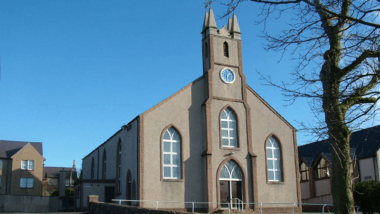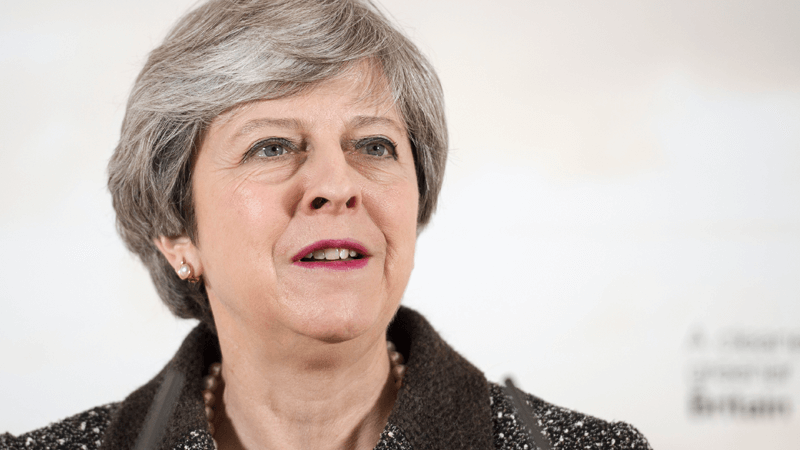Dozens of MPs, including former Prime Minister Theresa May, have challenged the Government over its decision to ban public worship in churches during the second lockdown in England.
While church buildings are still permitted to open for private prayer and to run foodbanks, the new measure means Christians will be unable to attend church services in person for at least the next four weeks, despite universities and garden centres being permitted to remain open.
Following the announcement, The Christian Institute wrote to its supporters, asking them to contact their MPs. As a result, many parliamentarians felt compelled to speak out against the Government’s measure in the House of Commons this week.
‘Isolation and loneliness’
DUP MP Jim Shannon spoke during the debate, saying: “Every one of us in this House has received numerous emails and telephone calls about the closure of church services. I understand that, and I am making a plea to the Prime Minister for that to be reviewed.
“For many people, it is the only outing they have in the week and the only opportunity to have any contact with people for prayer and contemplation.”
Labour MP Judith Cummins said: “The Government need to plan and to deal with social isolation and loneliness, particularly among older people and those with caring responsibilities.
“Many of my constituents across many faiths have asked me to tell the Government and the Prime Minister that collective acts of worship are essential and should not be made illegal by any Government: they are an essential part of their faith and an essential part of their lives. I ask the Government to reconsider the ban on collective worship.”
‘Worst of intentions’
Former Prime Minister Theresa May said: “My concern is that the Government today making it illegal to conduct an act of public worship, for the best of intentions, sets a precedent that could be misused by a Government in future with the worst of intentions, and that has unintended consequences.
She added: “The public and Parliament want to support the Government to take the right decisions, and to do that we need to have the right figures, the right data and the proper information.”
making it illegal to conduct an act of public worship, for the best of intentions, sets a precedent that could be misused by a Government in future with the worst of intentions
Former Prime Minister, Theresa May
Senior Conservative backbencher Sir Edward Leigh also weighed in, saying: “The leaders of all the faith communities have written to the Prime Minister demanding evidence that people attending church services are spreading covid. I know there is no evidence. The chief scientific adviser to the Government has confirmed there is no evidence.”
“There is no evidence for this ban. The ban comes because the Government say, ‘If we’re going to stop people going to pubs, we have to stop people going to churches or mosques or synagogues.’ There is no evidence.”
No good evidence
Christian Institute Director Colin Hart welcomed the widespread opposition.
The criticisms follow the news that the Government’s measure is not backed by science, with scientific advisers Professor Chris Whitty and Sir Patrick Vallance admitting the evidence to suggest it will have any effect is “very weak”.
Appearing in front of the Science and Technology Committee in Westminster, Sir Patrick said: “We haven’t got good evidence on the exact value of each intervention on ‘R’. We produced a paper suggesting what that might be in different areas, but really said ‘Look, this is not an exact science at all.’ And therefore I’m afraid it’s a rather blunt instrument”.
Prof Whitty added: “There is some very weak data to imply that even if a place of worship has been incredibly good about being COVID-secure, by bringing people together, people can congregate outside and do things which do lead to transmission”, but he added that much of this is “anecdotal” and not “scientific fact”.

Church leaders call for U-turn on church service ban
Whitty, Vallance: ‘No evidence to back church closures’
‘Keep churches open’, CI urges Govt
Nearly 700 church leaders urge politicians: ‘Don’t close our churches again’

